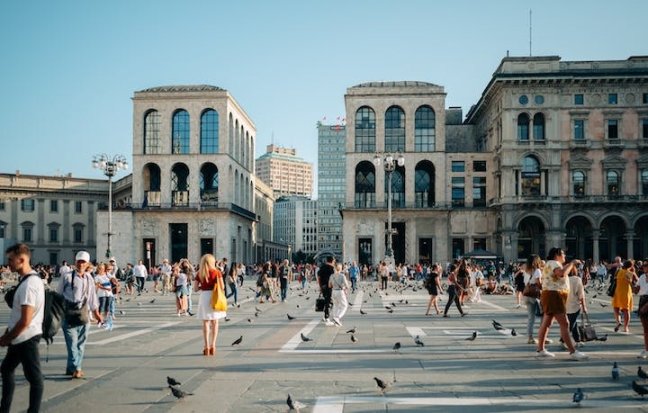There has been a lot of talk about sustainability in recent years as our world faces greater challenges on economic, social, and ecological levels. As conditions seem to grow ever more dire, many of the things we once loved and took for granted are now in precarious positions, and quite often we humans are the cause. For example, the world’s coral reefs are endangered by global warming from industrial greenhouse gases, but did you know that a great deal of irreplaceable damage is also done by careless scuba divers and snorkellers who are there to enjoy the beauty of these unique ecosystems? In effect, we are loving them to death.
It sounds dire, but there are ways that tour operators can become part of the solution rather than the problem if they take certain steps to educate themselves and their customers. It’s important for today’s tour operators to incorporate ecological and sociological friendly practices into their tourism experience design that will not only protect the precious things their business relies upon to exist, but give the customers the satisfaction of knowing that they are not just experiencing a site, but helping in its preservation as well.

Responsible tour operators play a critical role in the travel industry’s ongoing sustainability. Take a moment to check if your tourism business is doing its part by asking yourself the following questions:
- Am I doing my part to reduce harmful impacts the customers I bring to an attraction may have on it? Teaching them lessons like not touching fragile things both living and artistic, not wandering off the designated paths, and not being disrespectful of local cultures, all of which are important things to consider when bringing people to a site.
- Am I taking steps to reduce any possible harm my customers could do to the natural environment during our journey? This could be things like replacing greenhouse gas emitting motor vehicle tours with electric vehicles, bicycling, and walking tours, and reducing the amount of rubbish customers carry in and dispose of in locations. Finding ways to support local wildlife sanctuaries and conservation projects with your customers are win-win situation for everyone involved.
- Am I supporting the local economy of the communities I am bringing my customers to? Consider whether you are hiring local guides and transportation services, staying in accommodations that are locally owned and staffed, and dining in local restaurants and markets. Helping the community profit ensures that the unique magic of the place continues to thrive and isn’t replaced by big, corporate hotels and resorts that destroy the very reasons people want to visit there in the first place.
- Am I engendering positive social impacts on the local communities we visit? Educating your customers on culture, customs, and history, as well as promoting the sale of arts, crafts, and other cultural products fashioned by the locals themselves is vital. In this way, the charming aspects of a locale can continue on into the future, kept alive by your customer’s interest and support.
If you are interested in pursuing the path of sustainable tourism then check out the United Nations World Tourism Organisation’s website for more useful information and inspiration. Sustainable tourism lasts forever!




